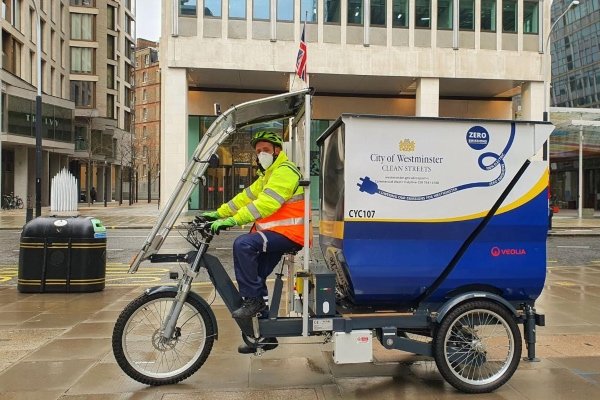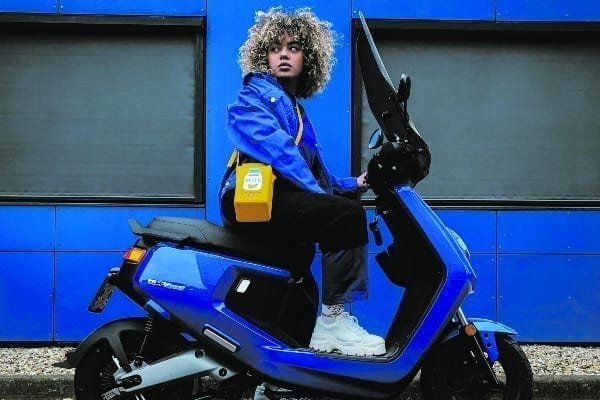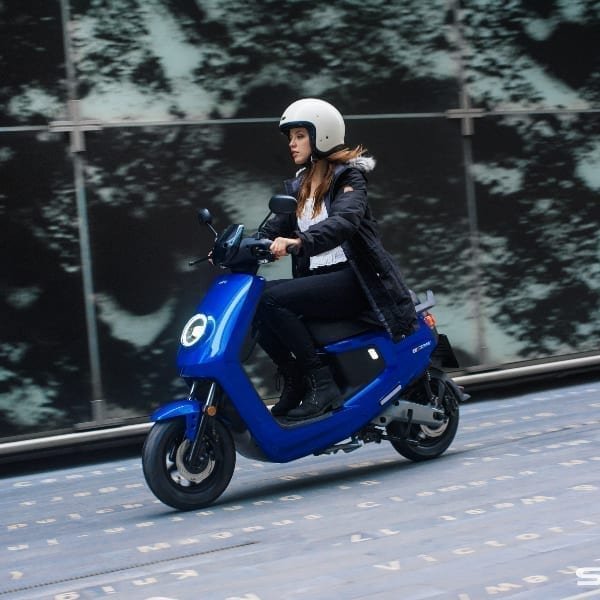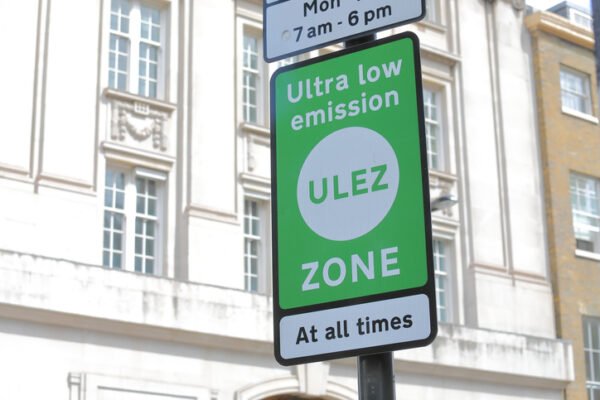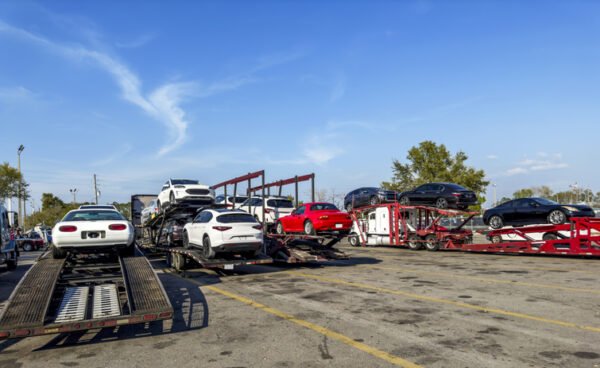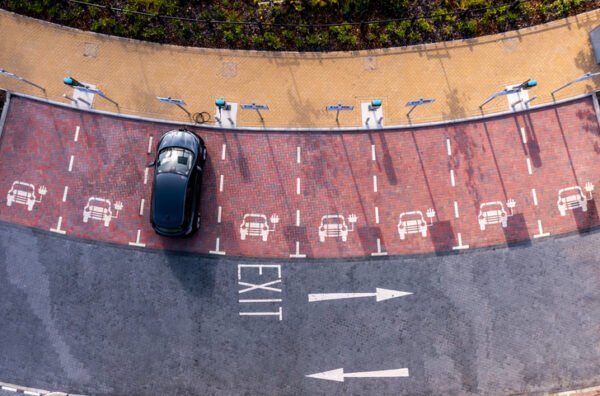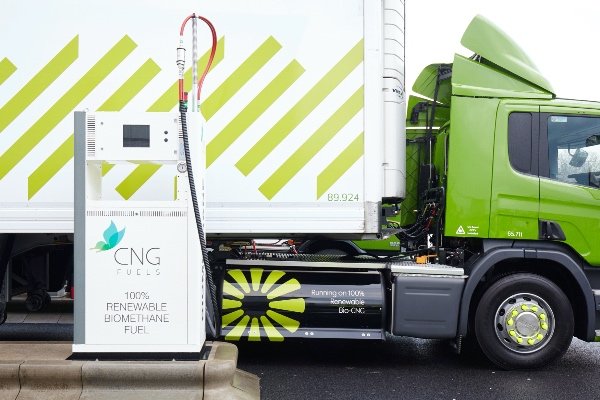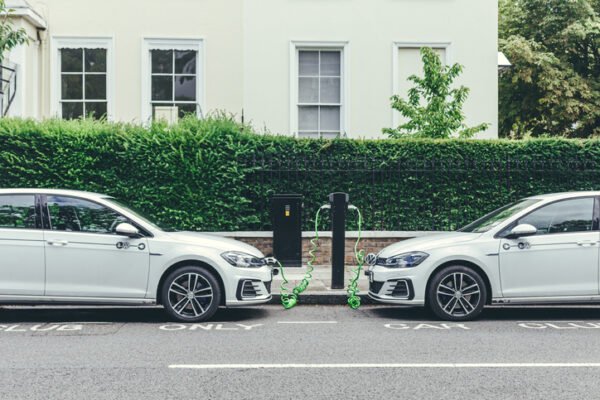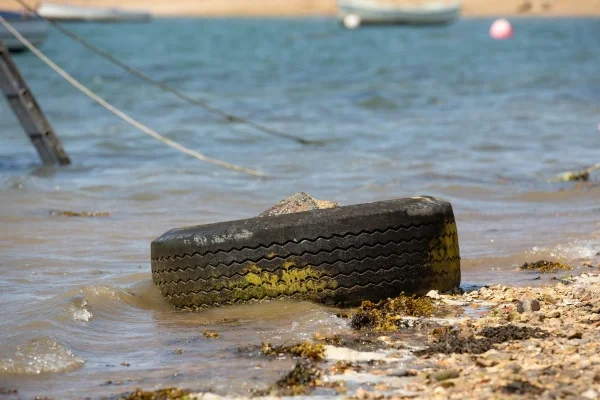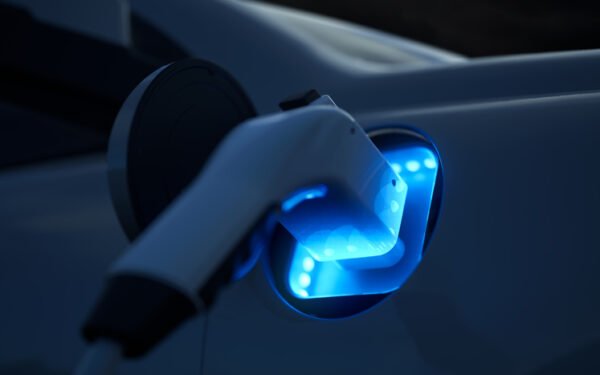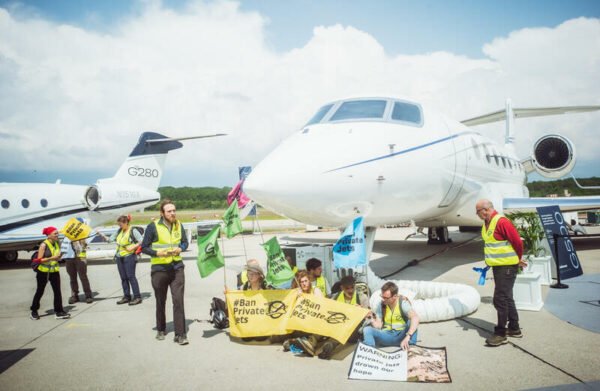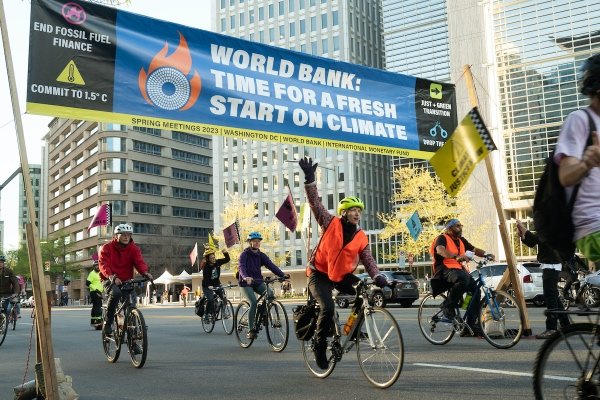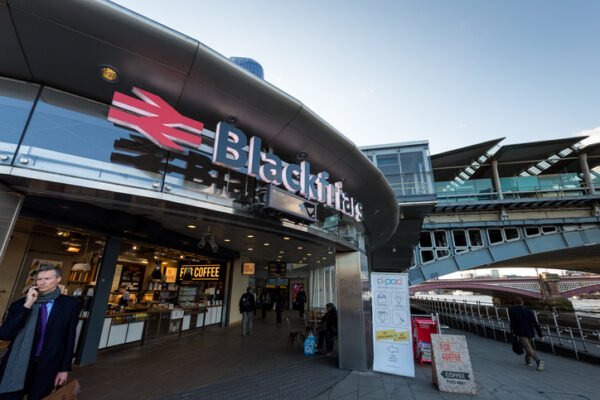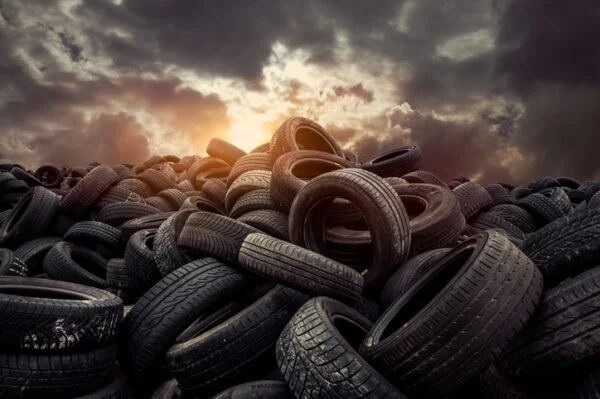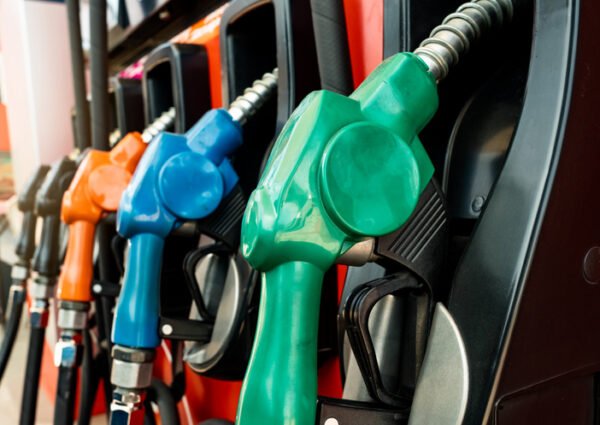Main image: A cargo bike used for street cleaning in Westminster
£660 million could be saved by councils and thousands of diesel vans could be taken off the roads by switching to using electric cargo bikes, according to figures published today (16 June).
The campaign group Cargo Revolution is calling on local authorities to switch to cargo bikes for services such as litter cleaning, keeping parks tidy and doing maintenance to council estates.
Already businesses such as electricians and drain cleaning companies have made the switch to cargo bikes.
Cutting costs and pollution
Over 8,500 diesel vans could be taken off Britain’s roads if councils switched to using cargo bikes, which would help the UK to meet its obligations to reduce air pollution.
Transport is one of the biggest contributors to deadly pollutants such as nitrogen dioxide (NO2) and particulate matter (PM 2.5).
These are associated with diseases and conditions including lung cancer, heart disease, dementia and asthma.
The change could reduce costs to council taxpayers by £660 million, with a reduction in costs of replacing vans with cargo bikes and lower fuel and maintenance costs.
On average, vans are replaced every four years in larger fleets. The figures may be underestimated as many councils have outsourced their fleets to private contractors.
Supporting the switch to bikes
Four councils in London have signed up to the ‘Cargo Bike Charter’, which pledges to switch council vans to cargo bikes, where possible, while enabling residents and businesses to use pedal power to make deliveries and provide key services.
Camden, Hammersmith & Fulham, Lambeth and Westminster have signed the charter which includes a five-point plan to improve the infrastructure for cargo bikes and support individuals and businesses to switch away from polluting vehicles.
‘Cargo bikes are no longer a niche concept, and they can be real game changers for councils when it comes to delivering freight and servicing trips, estate maintenance and cleaning. Not only do they provide environmental benefits by not contributing to air pollution, they also make journeys more efficient, and present a much lower risk of danger to people walking and cycling than vans and HGVs.
‘The Mayor and I welcome this new charter – it supports the aims of our own recently launched Cargo Bike Action Plan to grow the use of cargo bikes, help both the environment and the health of Londoners, and build a better, safer, greener London for everyone.’
WILL NORMAN
London’s Walking and Cycling Commissioner
Showcasing cargo bikes
The charter will be launched today (Friday 16 June) with a mini tour of London, starting at an event at the Federation of Small Businesses at 11.00 before moving on to Westminster City Hall, then setting off to reach Windrush Square, by Lambeth Town Hall in Brixton for 13:30.
The events will include a custom-made ice cream cargo bike which will be causing ripples across the capital, showcasing the potential for retail businesses to make the switch.
‘We are delighted to be an early signatory of Cargo Revolution’s Cargo Bike Charter. For many journeys, the bike is best. And for many journeys with cargo, the cargo bike is king. Faster, cleaner, quieter. Enabling businesses and residents to move cargo by bike wherever possible, rather than by van, is an essential part of cleaning up the air we breathe, reducing motor congestion to improve the reliability of public transport, and making our streets safer.
‘In the first year of the new administration Westminster City Council has launched a cargo bike logistics hub in Pimlico, a public e-cargo hire scheme with Beryl, and consultations on new high-quality cycleways. The Charter highlights five important areas where we must continue to make progress as a local authority to unlock the power of cargo bikes.’
CLLR MAX SULLIVAN
Deputy Cabinet Member for Air Quality in Westminster
 Play Video about This Rock Might Just Save The World
Play Video about This Rock Might Just Save The World Play Video about Play 2 hours of rock
Play Video about Play 2 hours of rock Play Video about Play 2 hours of brook
Play Video about Play 2 hours of brook Play Video about Play 2 hours of sheep
Play Video about Play 2 hours of sheep

















